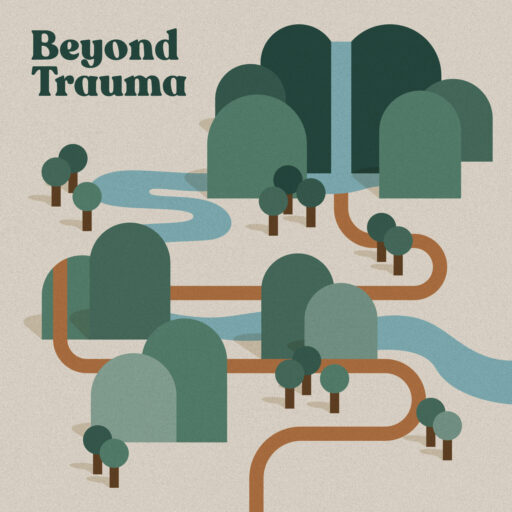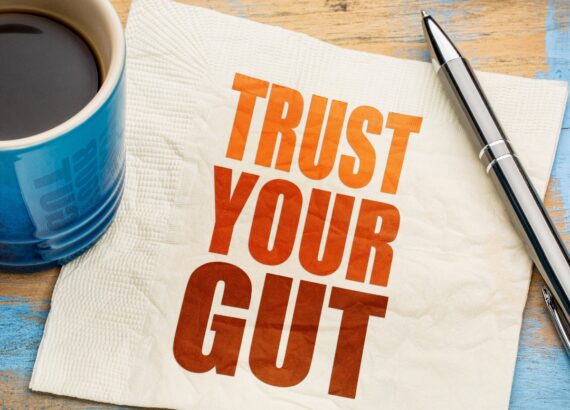Attachment, Co-Dependency, & Co-Regulation (repost)

How does human relationship come from our nervous system and our body?
- Attachment styles are very much human in that there can be many differentiating factors that limit us when we say, “I am dismissive”, “I am preoccupied” etc.
- Oftentimes, we like to label ourselves with one attachment style. This can prevent us from trying to go deeper and to find the true nuances within our attachment.
- These general categories help us define what are the most common strategies in navigating the world, but they aren’t who we are.
- Stay curious about your own humanity and own life experiences.
Secure Attachment versus Insecure Attachment:
- Secure attachment- “I feel safe in sharing my true self in front of you.”
- Insecure attachment- “I’m having
- We are wired and set up for the capability for security. But when trauma occurs, this sends messages to our system that there’s a lot of obstacles in place before we can find safety.
- Our strategies we use in childhood become reaffirmed in later life situations.
- Anxious-preoccupied, dismissive-avoidant, disorganized
The goal is co-regulation:
- Psychological and biological experience of regulating the nervous system.
- Being able to let go of those sympathetic activations in the nervous system (fight/flight/freeze)
- This is safety in connection.
Co-dysregulation:
- This begins the creation of our strategies.
- We begin to shift because of the co-dysregulation and the other may notice.
- Is this going to lead to co-regulation or further co-dysregulation?
- Others have their own attachment strategies, which causes the need for us to create our own strategies.
Spectrum of relationality:
- Our goal is to find safety and connection. There’s several ways this need shows up in strategies.
- We are looking at how our nervous system experiences co-regulation or co-dysregulation with another.
- On the far left, we have “Independence”
- Opposite of co-dependence
- Highly valued in western culture.
- Self-sufficiency and sustainability alone
- We may turn away from opportunities to form relationships with others.
- On the far right, we have “Codependency”
- “I’m not okay if you’re not okay.”
- Spending much time using my strategy to make sure our relationship is as in-meshed as possible.
- “My regulation is so dependent on your regulation.”
- In the middle, we have “Interdependence”
- Showing up in the relationship with awareness of what I’m bringing and inviting both of us to collaboratively share.
- Because we know our worth and identity, we can then come together to find what we need.
- We can see insecurity on both sides of the spectrum.
How do we know what strategies are present in our clients?
- Their interactions between me and the client. Strategies are usually put in place pretty strongly in the first couple sessions.
- The energy between us.
- The processing of other relationships in their adulthood and then, processing the relationships in childhood.
The therapy relationship:
- First, be curious about our strategies and have the opportunity to explore them.
- When our systems can feel what it’s like to find true safety and connection, then we have the chance to eventually take it out into the real world.
- Lastly, the active ingredient of healing is the relationship that emerges between the therapist and the client.
Takeaways:
- Finding safe relationships to experience how we can let down our strategies, with a trusted person.
- Human beings are so adaptive and our goals as humans is to find safety and connection.
Did you know? After full completion of Beyond Healing Institute’s Somatic Integration and Processing training, each participant can receive 21 NBCC hours.
Did you know?
After completion of Beyond Healing’s Somatic Integration and Processing I & II trainings you can receive 21 NBCC hours for each (a total of 42 hours)!
Resource Links
- Visit our website for all things BHC
- Give your support and gain access to exclusive content through Patreon
- Contact us about retreats and therapy
- Contact us about training and consultation
Need more content?
- First, listen to our past episodes of BT here
- First, listen to our past episodes of BOE here (coming soon!)
- Then, check out more Beyond Healing podcasts
- Burnt Out Educator (coming soon!)




No Comments